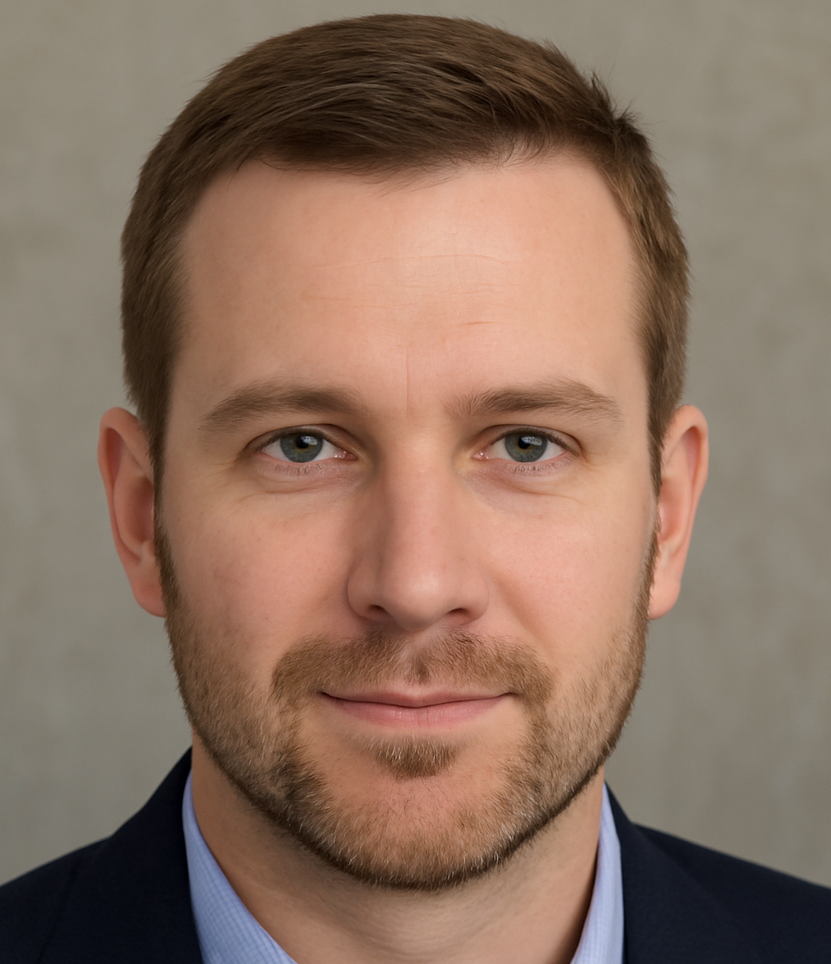When people think of fighting nations, places like Brazil, the U.S., and Russia often come to mind. But over the last decade, the Philippines has quietly carved out its own space in the world’s biggest MMA stage: the UFC.
Filipino fighters, known for their heart, grit, and never-say-die attitude, have been making waves inside the Octagon. They might not yet dominate championship belts, but their presence has grown—and so has the fan base cheering them on.
Let’s take a closer look at the rise of Filipino fighters in the UFC, the pioneers who paved the way, and the new generation carrying the torch.
The Early Trailblazers
The Philippines’ relationship with combat sports runs deep. Boxing legends like Manny Pacquiao proved that Filipinos could conquer the global stage. That fighting spirit naturally spilled into mixed martial arts.
One of the first Filipino fighters to break through in the UFC was Mark Muñoz, a proud Filipino-American. Nicknamed “The Filipino Wrecking Machine,” Muñoz competed in the middleweight division and became a fan favorite for his relentless wrestling and explosive ground-and-pound. While he never reached title contention, Muñoz’s success inspired many Pinoys to believe UFC wasn’t out of reach.
Soon after, fighters like Dave Galera and Mark Eddiva—both hailing from the Philippines—stepped into the Octagon. They might not have long UFC runs, but they proved something crucial: Filipino talent could make it to the world stage.
The First Big UFC Moment in Manila
In 2015, history was made when the UFC brought an official event to Manila: UFC Fight Night 66. The main event featured Frankie Edgar vs. Urijah Faber, but the real spotlight for local fans was on fighters like Mark Eddiva and Roldan Sangcha-an.
For Filipino fight fans, it was surreal. The Octagon was finally here, in the Philippines, and local fighters were representing the flag. That event showed both the UFC and the world that the Philippines is a hotbed for MMA passion.
Fighters Who Carried the Torch
After that Manila event, more Filipino and Filipino-American fighters made their mark:
-
Rolando Dy – A tough featherweight with a strong boxing base, carrying the legacy of his father, Rolando Navarrete (a former boxing world champion).
-
Carls John de Tomas – A young flyweight who briefly competed in the UFC.
-
Jenel Lausa – Known for his striking, Lausa brought excitement every time he stepped into the Octagon.
While none of them had championship runs, each fighter kept the Filipino presence alive in the UFC—building momentum for the next generation.
The New Wave of Filipino Fighters
Today, the Philippines continues to develop MMA talent through gyms like Team Lakay in Baguio, which has produced world-class fighters in organizations like ONE Championship. While UFC signings have slowed compared to ONE, Filipino fighters are still breaking through.
For example:
-
Mark Striegl – A Fil-Am featherweight with solid grappling credentials, who fought in the UFC and continues to inspire upcoming Pinoy fighters.
-
Fil-Am Prospects Abroad – Many Filipino-American fighters train in the U.S. and have an easier path to UFC contracts, creating a strong Pinoy presence overseas.
It’s clear the pipeline isn’t empty—Filipino fighters are training harder, smarter, and aiming for the UFC spotlight.
What Makes Filipino Fighters Unique?
Every nation brings something special to the fight game. For Filipinos, it’s a combination of:
-
Boxing Roots – Thanks to legends like Manny Pacquiao, boxing is in the blood. Many Pinoy fighters bring elite hands to MMA.
-
Warrior Spirit – Filipinos are known for their toughness. Even when outmatched, Pinoy fighters rarely back down.
-
MMA Growth at Home – With gyms like Team Lakay and international exposure, fighters now have better training infrastructure than ever before.
-
Massive Fan Support – UFC knows how passionate Filipino fans are. A sold-out arena in Manila in 2015 proved it. That energy motivates fighters to keep pushing.
Challenges Filipino Fighters Face
The rise hasn’t been without hurdles. Some challenges include:
-
Access to Elite Training – Many fighters have to leave the Philippines to get world-class wrestling or jiu-jitsu training.
-
Financial Support – Unlike in boxing, MMA fighters often struggle with sponsorships and funding early in their careers.
-
Competition Abroad – Breaking into the UFC is tough with so much global talent competing for contracts.
But despite these roadblocks, Filipinos continue to push forward.
The Future of Filipinos in the UFC
So, what’s next?
Many experts believe it’s only a matter of time before a Filipino fighter breaks through into the UFC rankings. With MMA gyms in the Philippines growing, young fighters are starting earlier, training smarter, and getting international exposure.
The UFC also knows the Philippines is a key market in Asia. Hosting another UFC event in Manila or signing more Filipino fighters would only strengthen their global reach.
Imagine a UFC card headlined by a Pinoy fighter in front of a packed Mall of Asia Arena—that’s a dream many fans believe is coming.
Final Thoughts
The rise of Filipino fighters in the UFC is more than just about wins and losses. It’s about proving that the Philippines belongs on the biggest stage in MMA.
From trailblazers like Mark Muñoz, to the fighters who carried the torch, and the new generation training to make their mark—the journey is ongoing.
One thing’s for sure: Filipino fighters bring heart, toughness, and passion every time they step into the Octagon. And with a whole nation behind them, it’s only a matter of time before the UFC crown sees a Filipino flag waving beside it.
The Octagon may be global, but its future has a strong Filipino flavor.

